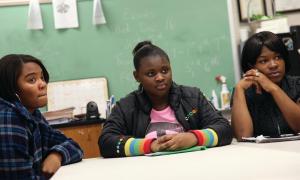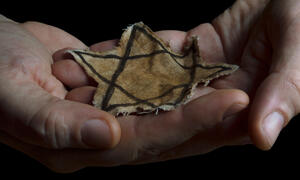text
Informational
Remarks on Signing the Immigration Act of 1965
The Immigration Act of 1965 abolished the "country-of-origin" immigration quota system and established a system of entry based on skills and family relationships with U.S. residents. In addition to his remarks about these changes, President Johnson announced asylum for Cuban refugees.
June 11, 2015



